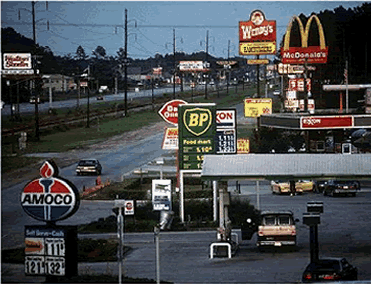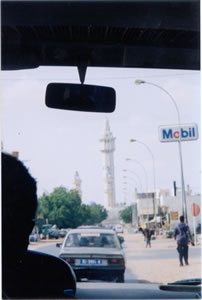Project Themes
Globalization in Senegal
by Dr. W.F. Santiago-Valles
 Globalizaton & Migration are important because the presence of students [and issues] from other parts of the world is multiplying in US classrooms. Placing such issues in an international context will not only help teachers and students identify economic causes and obstacles, but also problem solving strategies [applied in similar situations] such as:
Globalizaton & Migration are important because the presence of students [and issues] from other parts of the world is multiplying in US classrooms. Placing such issues in an international context will not only help teachers and students identify economic causes and obstacles, but also problem solving strategies [applied in similar situations] such as:
- Using economic and cultural histories to explain inequalities between groups in cities, countries, and continents.
- Transmitting problem solving methods from one generation to another.
- Creating institutions to transmit memories of a shared past between generations of migrants
 Globalization
Globalization
by Stephanie Higdon
Globalization has impacted Senegal in both positive and negative ways.
- In 1999, Senegal passed national laws regarding genital mutilation, a subject considered unspeakable until international pressure brought it to light.
- Global support also came to the aid of the Ministry of Education, under delegation of the Ministry of Literacy, National Languages and Francophoni. The Ministry made a 10 year plan in 1995 to increase adult literacy by 5% each year and to decrease the gaps in terms of gender and geographic location. This task has mainly been taken up by non-governmental organizations (NGO) from other countries.
 Globalization has also helped the poor make worldwide connections through the introduction of cyber cafes in the private sector and teaching programs through NGOs. The accessibility of Internet, newspapers, and radio programming has increased the population's knowledge of global working conditions, travel resources, and governmental activities.
Globalization has also helped the poor make worldwide connections through the introduction of cyber cafes in the private sector and teaching programs through NGOs. The accessibility of Internet, newspapers, and radio programming has increased the population's knowledge of global working conditions, travel resources, and governmental activities.- However, in 1980 Senegal took a loan from the World Bank (WB) resulting in a Structural Adjustment Program for the country. The WB is allowed to dictate what crops are grown and how much of each crop and what it will sell for on the global market, regardless of the traditional methods of the Senegalese people. The WB's Structural Adjustment Program requires the country to open itself to a free market system, flooding the economy with cheap imports and setting the price for the exports, resulting in a population that is mostly agricultural and dependent of foreign price control.
- At the same time as the loan from the WB came the introduction of the television in Senegal. The stations play mostly Brazilian soap operas and American shows like Baywatch and Dallas. As in America, the television has served as a distraction from the social problems actually existing in the world. It has also skewed the way Senegalese people view the rest of the world, particularly Americans, as a country of rich, beautiful, and dramatic people.
 Our visit confirmed both the positive and negative aspects of globalization. We witnessed a youth generation behaving quite similarly to that in the United States. We also visited many adult literacy courses where women were learning functional reading and math skills.
Our visit confirmed both the positive and negative aspects of globalization. We witnessed a youth generation behaving quite similarly to that in the United States. We also visited many adult literacy courses where women were learning functional reading and math skills.